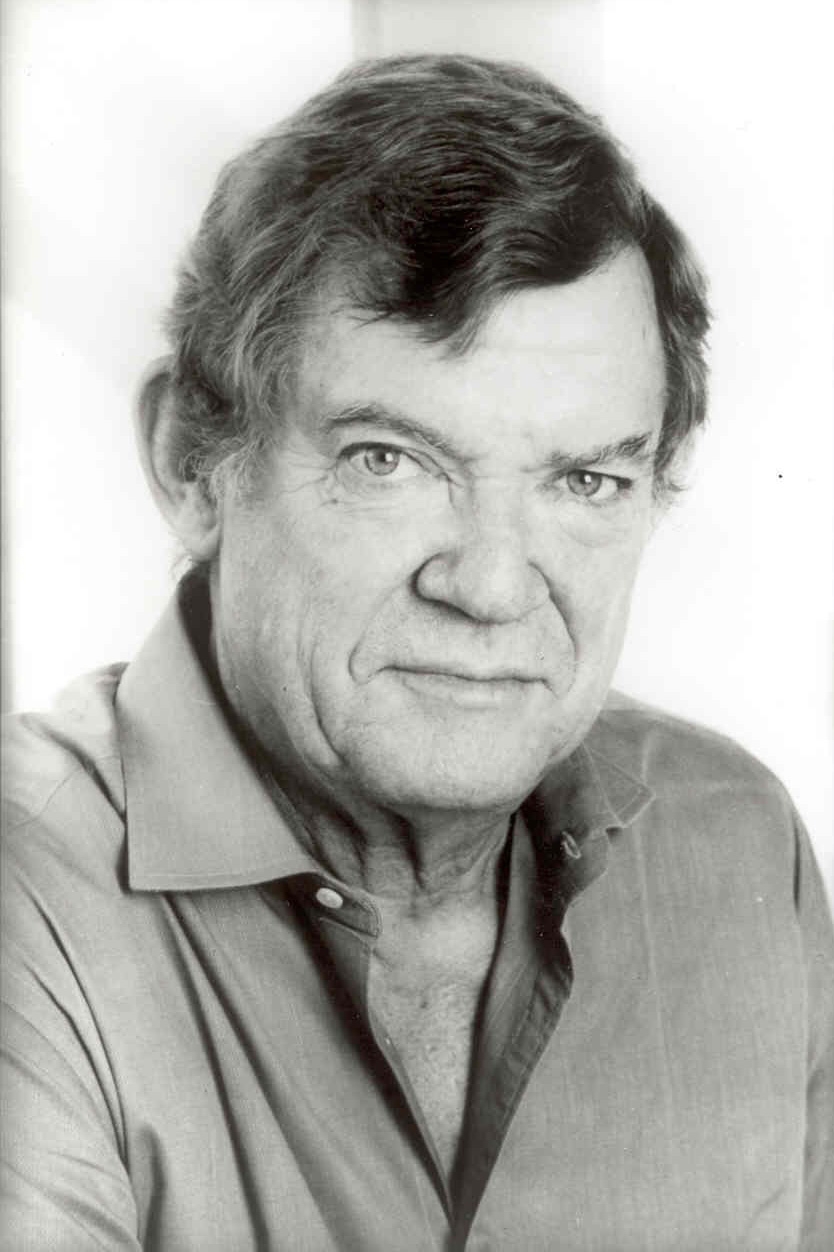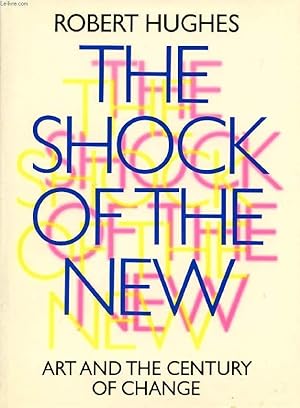Robert Hughes: The Greatest Art Critic

The greater the artist, the greater the doubt. Perfect confidence is granted to the less talented as a consolation prize.
-Robert Hughes
He was born in July 28, 1938 in Sydney and died on August 6, 2012 after a long battle with illness. He’s an Australian art critic, writer, and producer of documentaries. In the year 1997 he was described as “the most famous art critic in the world” by Robert Boynton of The New York Times. He was also one of the world’s admired art critics especially in the 20th century.
Hughes attained widespread recognition for his book and TV series The Shock of the New, and for his long position as critic with TIME magazine. His first book The Shock of the New was proposed to the BBC TV series which is about the story of contemporary art. The book proved to be a popular and significant success: it’s been assessed “much the best synoptic introduction to modern art ever written”. Well-known for his contentious critiques of art and artists, Hughes was generally traditional in his tastes, though he didn’t belong to a specific philosophical camp. His writing was noted for its power and elegance.

He grew up in a prominent family of lawyers and politicians contrary of what he became. After he graduated at St. Ignatius College in River view, Australia he later attended the University of Sydney where he studied art and architecture. But he dropped in college and become a cartoonist of the Sydney-based periodical “The observer”. Despite having no formal background and education about art he was chosen as an art critic of the magazine. This was his start in his early professional life, sparking an interest that would eventually become a career.
Hughes was the sole art critic in recent history to try and made art criticism bloom once more. Throughout the post-Abstract Expressionist era some critics used less formal tone and have write and say something good regarding the avant-garde for being new and stimulating without concern for the topic matter. On the other hand, Hughes brings back the sense of formalism and history when it comes to art. He adopted the idea of a new globalism by Harold Rosenberg’s where movements and styles are no longer found in a single region. He critiqued art based on the aesthetic value within global culture.
His judgement were enthusiastic even it is negative or positive. Like Frank Auerbach and Lucian Freud he championed London Painters helping him to become popular in U.S. In contrast Hughes was Diminutive of postmodernism and neo-expressionism as well as the vicissitudes of a money-fueled art market. He has been under obligations in any theory or ideology and create a rouse in political spectrum while his reviews expressed antipathy for the avant-garde. He don’t trust novelty in art for its own sake yet he also shows open dislike of a favor established aesthetic ideas that avoids the risk. According to Adam Gopnik he is a “craft-attempted with passion.
He’s perspective on the artwork today are traditional. Hughes is a type of a person who values artist’s formal training than his natural gifts. Hughes is an extremely discerning critic who doesn’t judge artistic movements or even individual artists so much as he judges individual works of art. Whenever he tackles the subject of an artist’s lifework or a museum exhibition, Hughes attempts to write with and look for art that possesses what he calls a “Whitman-esque sensibility” (referencing the writer/poet/journalist Walt Whitman). By this he means the ability to take in everything around you, “to breathe in, not out.” Hughes tends to write in the style of a novelist. He considers his primary goal in writing about art the very same as the artist who paints: to tell a story, complete with detail and narrative layers.

He’s major awards include Guggenheim Fellowship for Creative Arts, US & Canada (1968), British Academy Television Richard Dimbleby Award (1997) and Ambassador Book Award for American Studies (1998). He’s the only critic also to twice receive the College Art Association’s Frank Jewett Mather Award for art journalism (1982 and 1985), received the Order of Australia (1991) and was elected (1993) to the American Academy of Arts and Letters. He was the winner also of the 2009 Grierson Award for Best Documentary on the Arts, Oxford Film and Television for Channel 4, UK

